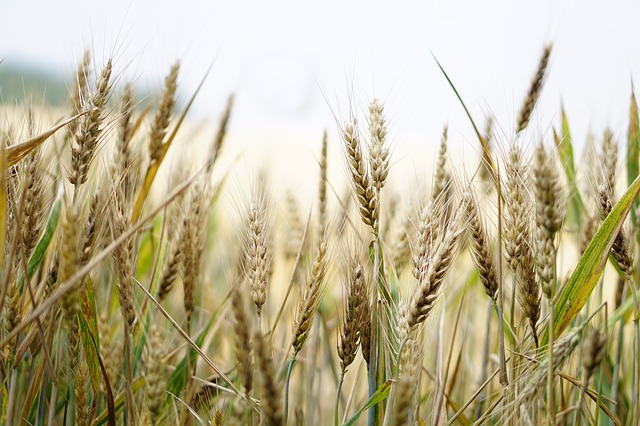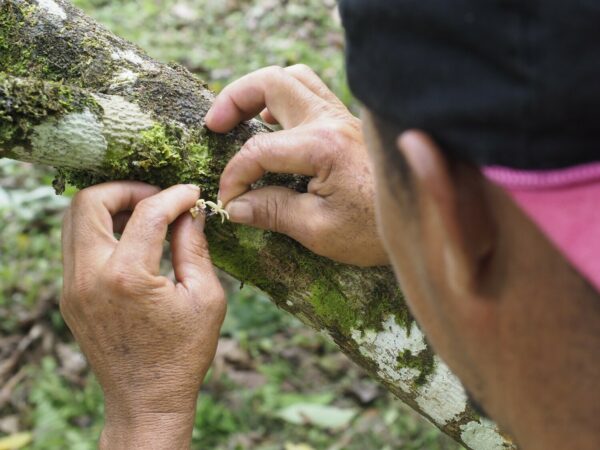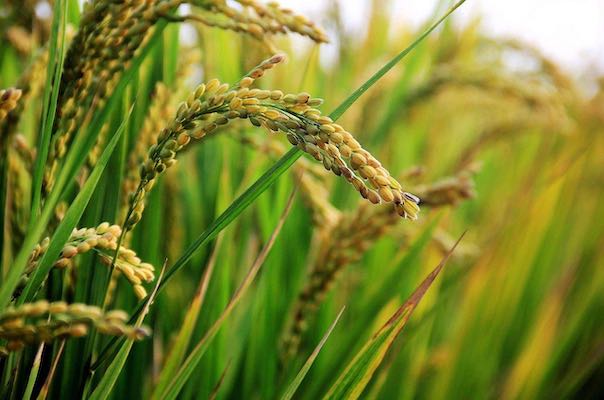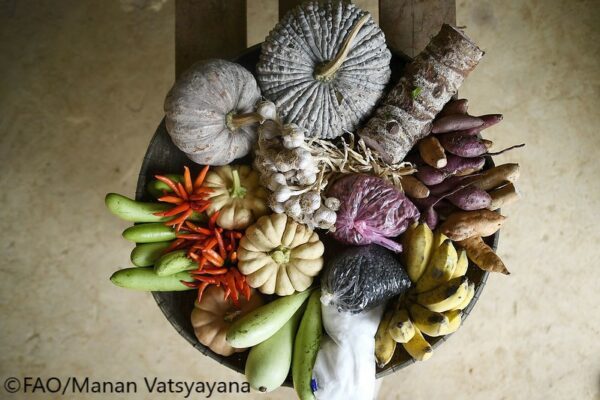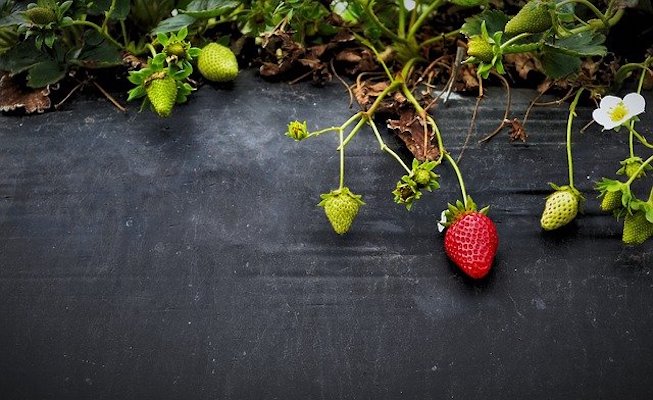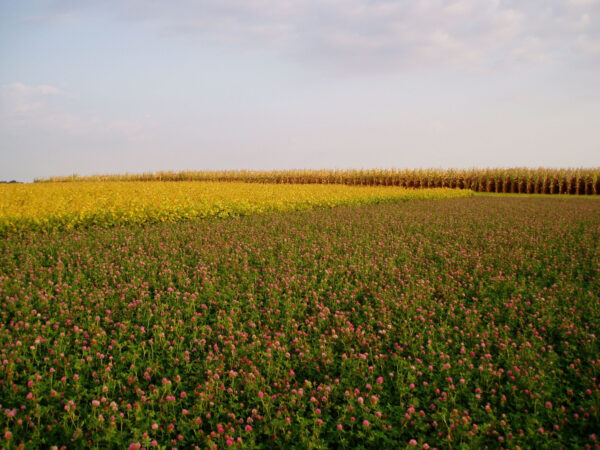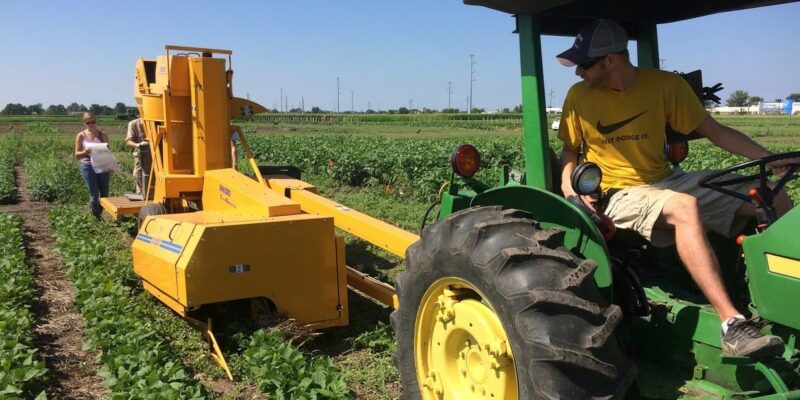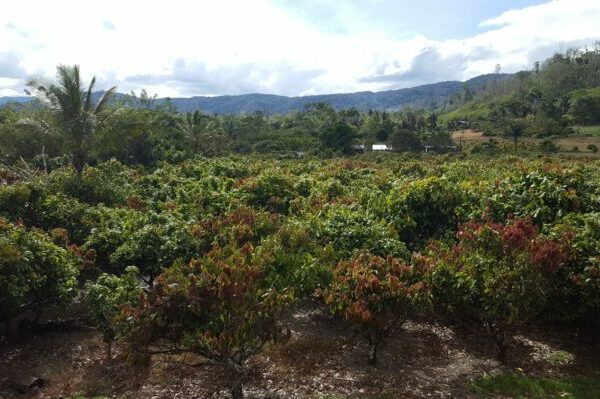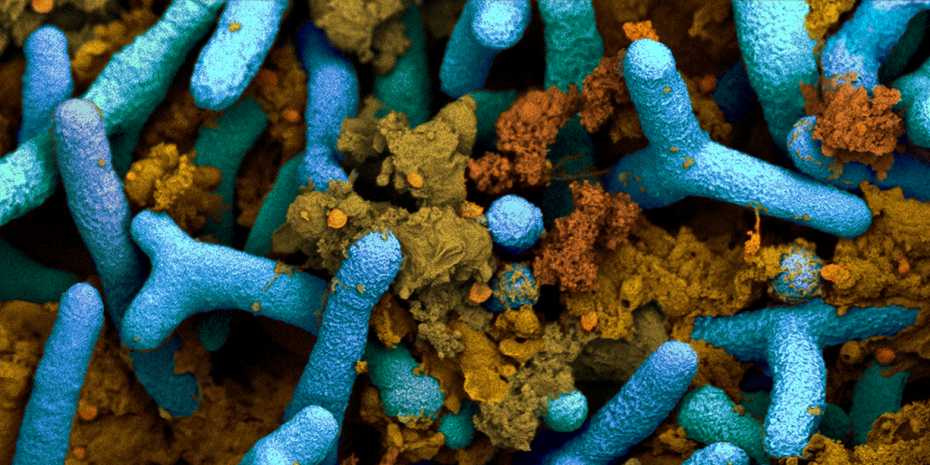Grapevine (Vitis vinifera L.) is a crop of great economic and agricultural value throughout the world. In 2019, the International Organisation of Vine and Wine (OIV) reported that over 7 million hectares are dedicated to the cultivation of this crop, resulting in the global production of about 78 million tonnes of grape and 292 million of hectolitres of wine. However, a production of this magnitude is possible thanks to the massive use of pesticides to counteract various diseases that can affect grape yield. Indeed, pesticide applications are at the basis of intensive agriculture, as they guarantee protection from pathogens, pests and weeds. In absence of pesticide applications, farmers could experience up to 40% of production losses in a single year.
